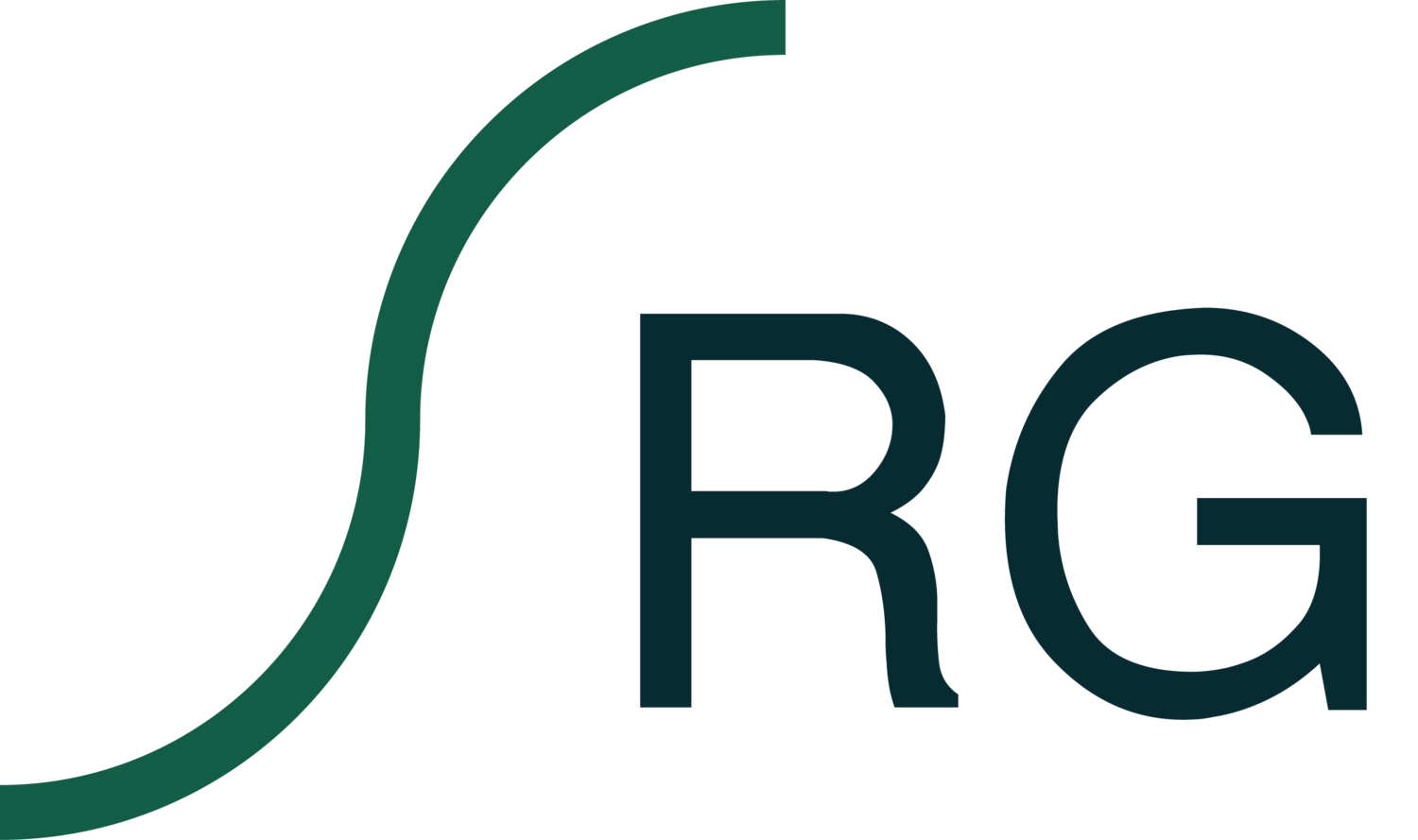Facilitating Learning and Improvement
May 22, 2004
A paper by this author titled “Increasing Organizational Capacity for Learning & Improvement” focused on organizational defenses and was shared with a number of colleagues and customers. The work of Chris Argyris in his Harvard Business Review article from 1991, “Teaching Smart People How To Learn” and his 1990 work “Overcoming Organizational Defenses - Facilitating Organizational Learning” was a foundation for interventions and consulting through dialogue.
This paper is a supplement and follow up to the earlier work and focuses on how to facilitate dialogue and learning in meetings and workshops. This is useful in routine staff meeting, complex problem-solving meetings or workshops to develop new processes, products, services or technology as solutions to organizational needs. We start with dialogue to clarify our purpose with three basic questions:
What are we trying to accomplish?
How will we know that a change is an improvement?
What changes can we make that will result in improvement?
These questions come primarily from the work of the Associates of Process Improvement (API), a collection of quality experts, thinkers and practitioners of profound knowledge, as defined by W Edwards Deming. They call these three questions “the model of improvement”, when used in conjunction with the Plan-Do-Study-Act (PDSA) cycle of learning and improvement, so described by W. Edwards Deming. In practice, there are numerous synergies between the work and philosophies of Deming, Argyris, Russell Ackoff, API and others. The work of the Achieve Global organization and the fundamentals they teach through the Zenger-Miller facilitation methods are a way to extend these ideas of learning and improvement methods by skilled philosophy, practices and methods of facilitating meetings and workshops.
The following pages help us with an overview of the work and provide us with standards for success, along with basic principles and methods. This structure will help facilitate meetings, change, improvement, and in the process, transform our organizations and us. These methods are part of a system designed for flexible implementation to build the skills of the participants and transfer these skills to their workplace. The model that follows enables implementation of high impact learning and improvement.
In the following pages are an integrated view of these concepts from Argyris, Deming, API and Zenger-Miller: facilitating learning and improvement through dialogue. Included within are first hand observations of facilitations that help teams organize meetings and workshops to improve the processes and work they do together. Where appropriate, I will note other references to the published works and will list them in an index of references at the end.
